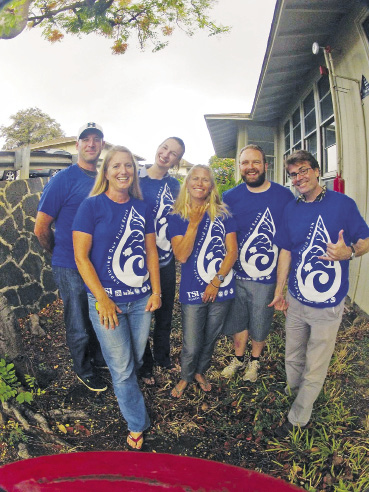24 Jul Two CRDG Studies Extend TSI Aquatic Work
 CRDG evaluators who worked alongside the Teaching Science as Inquiry (TSI) Aquatic project staff conducted studies that went beyond the formal requirements of the project evaluation. These efforts were designed to contribute to the research and evaluation literature on methods and strategies for program evaluation and to support CRDG’s mission to conduct and publish research.
CRDG evaluators who worked alongside the Teaching Science as Inquiry (TSI) Aquatic project staff conducted studies that went beyond the formal requirements of the project evaluation. These efforts were designed to contribute to the research and evaluation literature on methods and strategies for program evaluation and to support CRDG’s mission to conduct and publish research.
In one of these studies, PhD candidate Brian Lawton examined the fidelity of project implementation under the supervision of CRDG’s Paul Brandon (serving as Lawton’s dissertation chair). Lawton’s focus was on the multiple components of implementation and on the relationships among those components. Lawton and Lisa Vallin, a graduate assistant for the evaluation, studied the implementation of the TSI Aquatic program via classroom observations using a modified version of the Education Development Center’s Inquiring into Science Instruction Observation Protocol. The observations were designed to elicit the degree to which teachers implemented the program as it was intended by the project developers. Having multiple observers in each observed classroom increased the reliability of the data. Lawton plans to analyze the implementation data for his dissertation. Furthermore, even though it was not part of the original evaluation plan to collect the observation data, preliminary findings from the effort provided insights that were helpful to the TSI Aquatic project staff as the project proceeded.
In a second study, CRDG’s George Harrison conducted additional analyses of the data that the evaluators had collected on students’ understanding of science content and the nature of science. The purpose of his study was to determine whether the eight themes that are addressed in the Next Generation Science Standards (NGSS) elements are best assessed globally or as independent items. Data from this study will serve as the basis for a research journal article designed to help teachers address those areas where students are struggling with the critical nature-of-science concepts.




